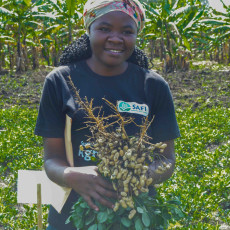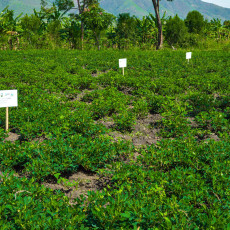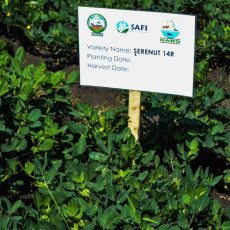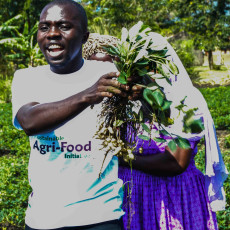Sustainable Groundnut and Soybean Production in Kasese District
The groundnut and soybean seed sectors in Uganda, akin to numerous others encountering comparable challenges, grapple with a variety of constraints. The challenges encompass a constrained availability of foundation seed, poor seed quality control, imprecise forecasting of seed demand, and insufficient distribution systems. The groundnut breeding program at the National Semi-Arid Resources Research Institute (NaSARRI) is dedicated to persistently producing high-quality seeds essential for addressing the detrimental impacts of emerging production challenges.
Sustainable Agri-Food Initiative (SAFI) previously engaged in a collaborative effort with NaSARRI to enhance the cultivation of groundnuts, soybeans, millet, and sorghum in Kasese district. The cultivation of these crops is increasingly taking on a commercial significance in various regions of Uganda, in Kasese district.
Throughout the last four growing seasons, SAFI has implemented participatory variety selection demonstration plots, coordinated field training sessions, and advocated for recommended agronomic practices to empower farmers with enhanced agricultural methodologies. NaSARRI graciously supplied the seeds along with comprehensive technical support.
At SAFI, we are concentrating on enhancing the value chains of both groundnuts and soybeans, in addition to evaluating our online marketplace (e-commerce). This online marketplace will facilitate access to value-added products in equitable markets.
This project has significantly enhanced agricultural practices, incorporated sustainable technologies, and introduced essential groundnut varieties such as NARONUT 1, Serenut 11T, and Serenut 8R, thereby benefiting more than 627 farmers in the Kasese district.





